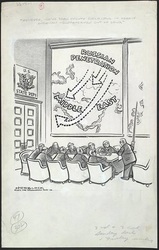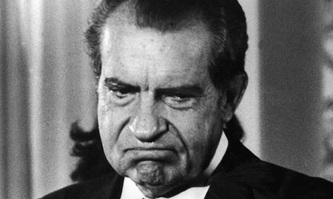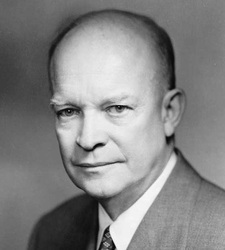The Truman Doctrine, Marshall Plan and Eisenhower Doctorine
The Truman Doctrine-The Truman Doctoring (made to stop the spread of communism by containment)
-1947 recognized that communism could spread - They spent 400 million dollars to prevent Greece & Turkey to turn Communist -The idea was to support the countries that were democratic economically - Fear of Domino theory - Mantra for US to stop spread Communism - “Line in the Sand” Truman used the money to do the talking
|
Marshall Plan- Idea of paying for loyalty
- Allowed countries to apply for recovery fund - 16 countries applied - Countries like Portugal & Iceland applied - No association with WWII - Yugoslavia applied as well even thought they were Communist the still believed in the economic -The USA didn't give them any money because they didn't want to start a war with the USSR Summary
USA poured millions of dollars into gaining the support of other
countries.They also provided money to countries who weren’t in the war got money because they wanted to show that democracy is better than Communism. The USA had many chances in which they could have helped them but choose not to because they were all about containing Communism |
Eisenhower Doctrine
|
- Dwight Eisenhower replaces Truman
- Richard Nixon vice-president - Starts many agencies around world similar to NATO |
_Summary
Eisenhower did little new in his two terms, therefore there are not many things he did that was significant in history
|



